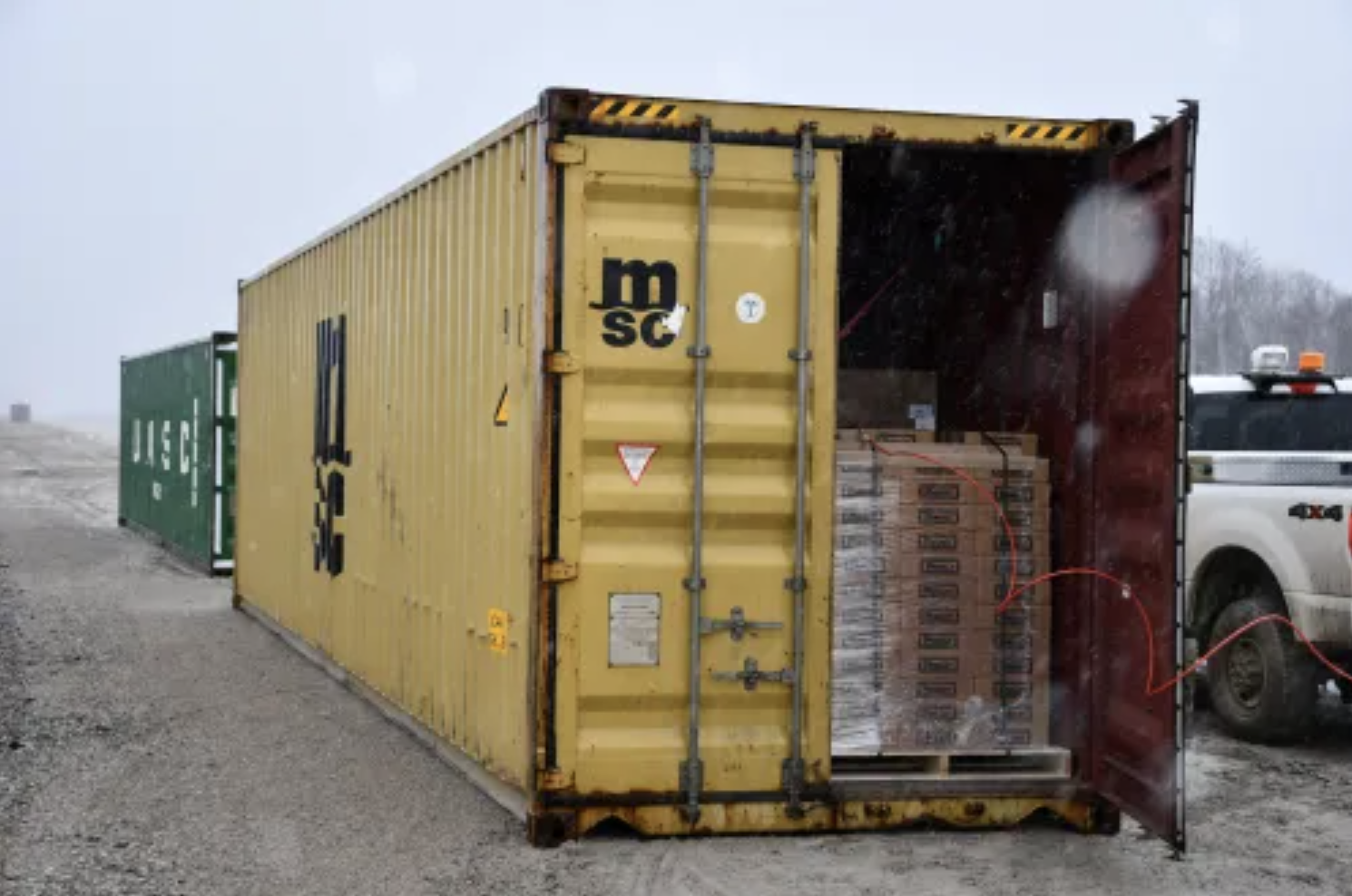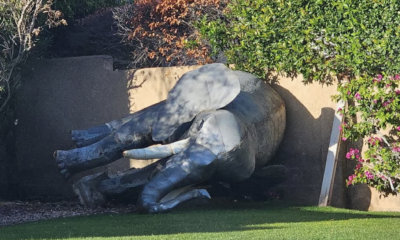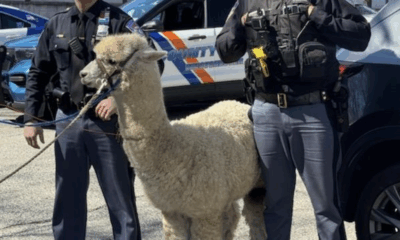Animals
CBP Finds Destructive Asian Long-Horned Beetle In Improperly Heat-Treated Shipment From Romania
-

 Celebrity News1 week ago
Celebrity News1 week agoThe Gayle King-Starring ‘CBS Mornings’ Face All-Time Low Ratings Amid Brutal Cost-Cutting Measures
-

 Celebrity News1 week ago
Celebrity News1 week agoBarack & Michelle Obama ‘Barely Even Talked’ During Very Public Dinner Outing in Washington D.C.
-

 Celebrity News1 week ago
Celebrity News1 week agoScreen Legend Carol Burnett Showing Tough Love to Troubled Grandson as He Struggles to Stay Afloat
-

 Celebrity News1 week ago
Celebrity News1 week agoFormer ‘Good Morning America’ Meteorologist Rob Marciano Struggling to Find Camaraderi at CBS
-

 Celebrity News5 days ago
Celebrity News5 days agoCountry Star Miranda Lambert Wants Husband Brendan McLoughlin To Step Up And Get Back On The Grind
-

 Celebrity News1 week ago
Celebrity News1 week agoBruce Springsteen Following Doctor’s Orders as He Embarks on European Tour Amid Health Recovery
-

 Celebrity News5 days ago
Celebrity News5 days agoAngelina Jolie’s Exit Strategy Revealed: Why the Oscar Winner Is Eager to Leave Los Angeles for Good
-

 Celebrity News4 days ago
Celebrity News4 days agoHugh Jackman and Sutton Foster Cooling Off Amid His ‘Flirtation’ With 25-Year-Old Costar Ella Beatty
-

 Celebrity News1 week ago
Celebrity News1 week agoMatthew McConaughey, Amanda Seyfried, Matt Damon and More A-List Stars Reflect on the Roles that Got Away
-

 Celebrity News1 week ago
Celebrity News1 week agoRachael Ray Ghosts Longtime Associates After Fleeing to Italy, Sparks Concern with Unusual Behavior
-

 Celebrity News3 days ago
Celebrity News3 days ago‘GMA’ star Robin Roberts’ Lavish Vacations With Travel Expert Raising Eyebrows
-

 Celebrity News1 week ago
Celebrity News1 week agoBenny Blanco Surprises Fiancée Selena Gomez with a Unforgettable Prom Night: Inside Their Special Date













